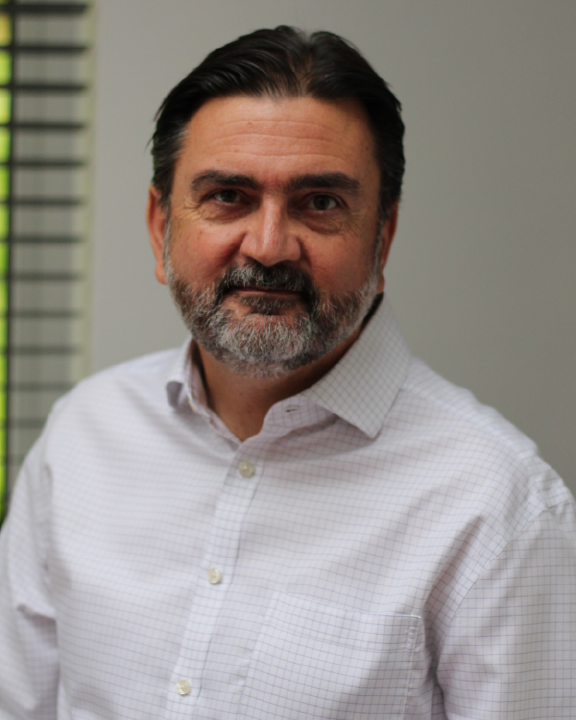
As the country moves into the next phase of the pandemic, the work of building services firms will be more important than ever, according to Waterloo Managing Director Russell Shenton.
The air movement and ventilation sector is still highly disrupted by the Covid-19 Pandemic. Looking ahead it is not clear what the new normal is going to be. As governments continue to grapple with appropriate and timely measures one thing is clear, legislation alongside cultural and behavioural change is likely to have a significant impact on the way that people use buildings.
The second wave of the Covid-19 pandemic should make the sector’s work to maintain good indoor environments increasingly important with, for example, most facilities managers being advised to keep ventilation rates as high as possible for the foreseeable future.
“Mechanical ventilation systems will be crucial in delivering the right balance between comfort and healthy air change rates,” says Russell Shenton. “We need to keep providing our markets with good technical advice and practical solutions so they can reassure building occupants.”
He also believes suppliers that managed to keep operating throughout the initial lockdown period are in a stronger position to thrive in the coming months.
“I am extremely proud of the fact that we didn’t panic and did not shut everything down and send our workforce home,” says Russell. “We found a way to keep operating; we put all the necessary precautions in place; and adapted our factory working patterns to keep people safe.
During the first lockdown, Waterloo quickly split its 85 factory floor staff into three shifts so it could keep operating safely. It also stepped up communications; putting out the message “we are open and manufacturing; we can support you with all your enquiries and product supply”.
Most importantly, he says it was the “adaptability and resilience” of the Waterloo team that was the crucial factor in allowing the company to continue operating throughout lockdown. “These strengths will now help us deal with this new phase and thrive into the future.” he adds.
“This continuity of manufacture and service meant that not only were we able to continue to serve our existing customers; but were also able to support a broader range of companies whose regular suppliers were not operating,” said Russell. “This has expanded our customer base and grown our market share and, as a result, we are better placed to deal with unpredictability in demand over the coming months.”
The company also benefitted from good continuity in its own supply chains thanks, ironically, to preparations already underway to cope with the disruption expected after Brexit.
This meant Waterloo already had significant stocks of raw materials in place backed by further ring-fenced reserves held as a buffer in its supply chain.
“When all is said and done, ventilation companies like ours are raw material processors and so having those supplies is our lifeblood,” explains Russell. “That was another reason why we didn’t feel a sense of panic as the world ground to a halt around us.”
Some sectors of the economy have fared better than others, of course, and for Waterloo the surge in demand from data centres provided a welcome increased revenue stream. With the government now encouraging people to work from home for longer, this market is set to keep advancing, which will keep demand for the company’s specialised grilles and diffusers at healthy levels.
New products are also in the pipeline helped by the integration of the Waterloo business into the Swegon Group, which is enabling planned investment in R&D and the adoption of new technologies to forge ahead uninterrupted.
“Being part of Swegon has given us enhanced stability at the most difficult of times; allowing us to invest for the future and call on a wider talent pool to help us shape the business. As a result, we are as well placed as any business could be to deal with whatever is to come next.”
A current rebranding exercise is designed to reflect that confidence in the future by creating a crisper, more modern image as well as reinforcing the message that the company will retain its own clear identity within the group.
Despite being a very large international business based in Sweden, Swegon takes a regional market-by-market approach. This involves investing in local ‘strongholds’ in each of its key strategic locations with locally based businesses who can tailor products specifically adapted for the needs of their own markets.
“Waterloo is a strong brand with high visibility in the UK and the group intends to build on that,” says Swegon’s head of marketing Josh Emerson. “So, although we are going through a rebranding exercise, the Waterloo name remains prominent.
“This makes sound sense from both a sales and technical perspective because, for example, air terminal devices differ from market to market and Waterloo is the leading supplier into that sector for the UK. We are delighted to have acquired such a well-established and respected business and look forward to building on its sound foundations far into the future.”
Waterloo was founded in 1961 and employs 130 people. Its head office is in Aylesford, Kent and revenue in 2019 was £12m. It became part of the Swegon Group in March this year.
Swegon is part of the Swedish Latour group and is a market leader in energy efficient ventilation and indoor climate products and systems. It employs 2,400 staff and has a turnover of approximately EURO500 million worldwide – over £54m of which is in the UK.
Visit www.waterloo.co.uk
